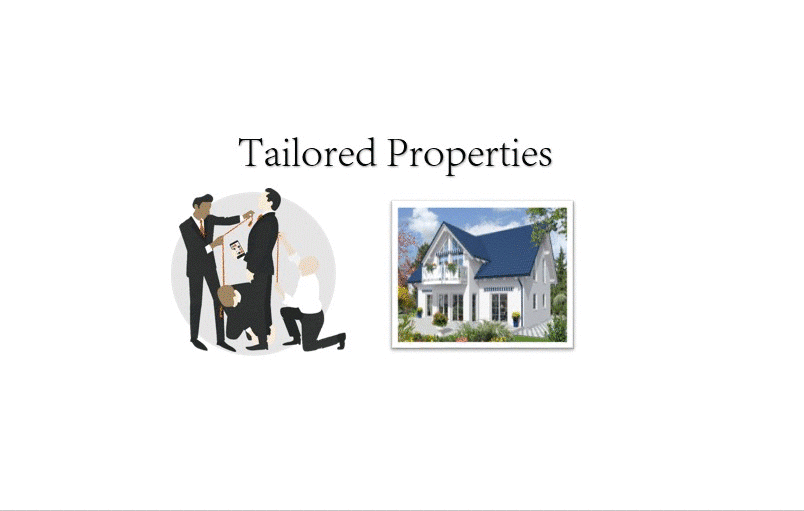Please see our new offer for Eichwalde!
Founded in 1999, Kowloon Land Limited is a consultancy that focuses mainly on German real estate investment. We work exclusively with well-established, professional developers and facilitate investors with a direct introduction to their projects on a case-by-case basis. We walk clients through the process of buying, explaining contracts to ensure that they understand official documents. We also offer a unique full-service package to make this process as straightforward as possible.
In 2017, Kowloon Land Limited decided to expand its services. We are proud to announce that we now offer all-inclusive travel services to Sri Lanka. Have a look here for more details.
Over the years, Kowloon Land Limited has offered financial backing to select startup companies. We advise clients on future business opportunities. Through our long-standing history and an extensive network of clients, we can assist, consult and connect you with the right contacts in order for your business to grow.
Do not hesitate to contact us today.
